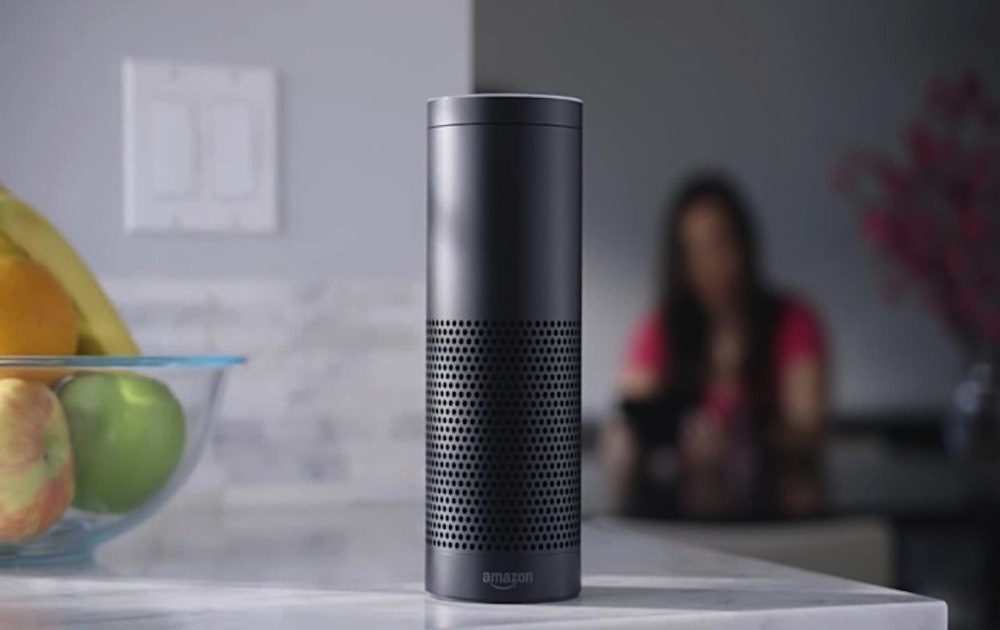In the technology web magazine Real Life, L. M. Sacasas examines how techno-convenience – as provided by services like Amazon Alexa, Apply pay, facial-recognition software, and so forth – can work subtly to undermine privacy, equality, and democracy. Sacasas shows how these services are largely imposed on us without our consent, and how they mostly benefit corporations over consumers. He also argues that an increase in convenience for some can lead to much greater inconvenience for others; for example, facial-recognition technology may help some people speed through airport security, but it targets others for racial profiling. Here’s an excerpt from the piece:
In each of these instances, we see the value of convenience in action as a rationale for technology: It will provide comfort and eliminate “friction,” making your life as an individual proceed more smoothly. The desirability of this can seem self-evident. Why wouldn’t we want things to be easier, more efficient, more comfortable? Think of desire paths. These improvised paths created over time by walkers that refuse to stick to less convenient routes illustrates our penchant for what is more efficient…
Colin Horgan suggests that since convenience is a value “we hold personally,” it ends up “outweighing the more abstract ideas like privacy, democracy, or equality.” Convenience, however, can be a cloak veiling an undisclosed exchange not merely between me and some future society that I am robbing of “privacy” but between me and other people right now: My convenience is often bought at someone else’s expense. These hidden costs tend to exacerbate existing forms of inequality and injustice. For instance, the deployment of facial recognition might make it more convenient for some to work their way through security checkpoints while simultaneously making life far more precarious for those who are more likely to be misidentified by such software. Privacy, democracy, and equality can be experienced as abstract ideas only by those who have the luxury of taking them for granted.
Moreover, as these abstract ideals lose their hold, inconvenience returns in new or unanticipated forms for everyone. Eventually convenience stops facilitating other aims and becomes an all-controlling end in itself, equipping us with more time and tools at the expense of a sense of purpose.
Image via Threatpost.
